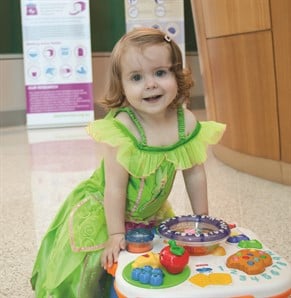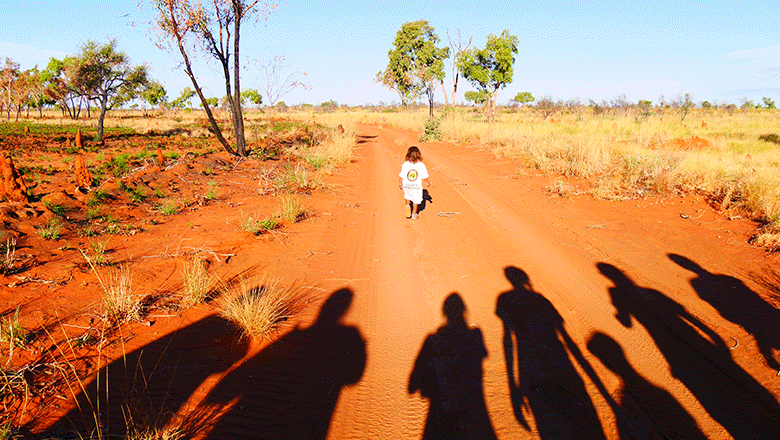Search

News & Events
New study recommends changes to cystic fibrosis monitoring in young childrenA new Australian study that looked at the long term impacts of early lung infections in young kids with cystic fibrosis has recommended changes to monitoring

News & Events
Alcohol restrictions a powerful tool for communitiesThere is growing evidence that alcohol restrictions are effective in empowering communities to reduce the immediate and long term impacts of alcohol.

News & Events
Sunlight link to obesity and diabetesResearchers from The Kids Research Institute Australia and Harry Perkins Institute of Medical Research have found that small regular doses of sunlight suppress the develo
News & Events
Centre of Research Excellence enables national FASD approachResearchers at The Kids Research Institute Australia will establish a national framework to tackle Fetal Alcohol Spectrum Disorder (FASD).

News & Events
The Kids and GE Healthcare sign strategic collaboration agreementThe Kids and GE Healthcare have joined forces to improve the health and wellbeing of children and families.
News & Events
The Kids researcher wins Premier’s Science AwardThe Kids researcher Dr Hannah Moore has been named Woodside Early Career Scientist of the Year at the 2015 Premier's Science Awards.
News & Events
First national snapshot of Australia's young childrenFor the first time, the Australian Early Development Index (AEDI) has been completed nationally, giving Australia a snapshot of young children's development.
News & Events
Quitting smoking in pregnancy good sign for child behaviourLong term benefits for a child if their mother quits smoking even after the pregnancy are established.
News & Events
New study links alcohol in pregnancy to child behaviour problemsResearch has found evidence that the amount and timing of alcohol consumption in pregnancy affects child behaviour in different ways
News & Events
Children’s language not affected by stress in pregnancyfindings from the Telethon Institute for Child Health Research that show relatively common stressful events during pregnancy do not have a long term impact
